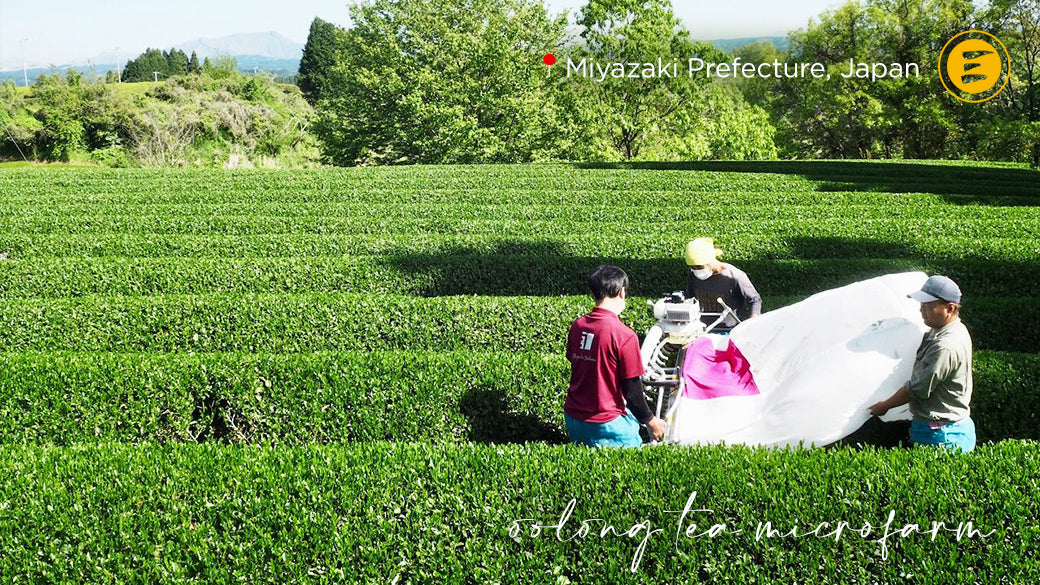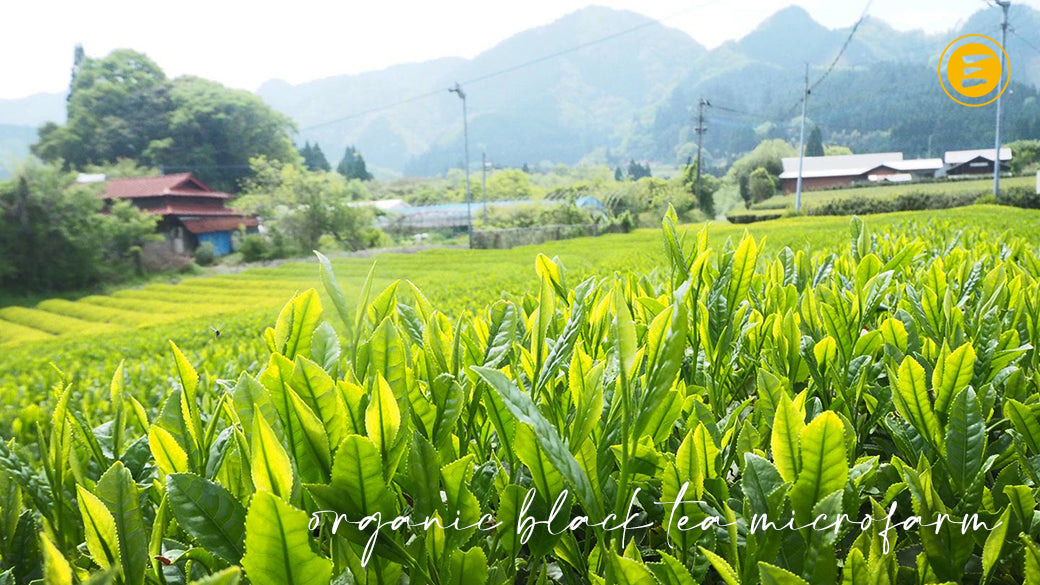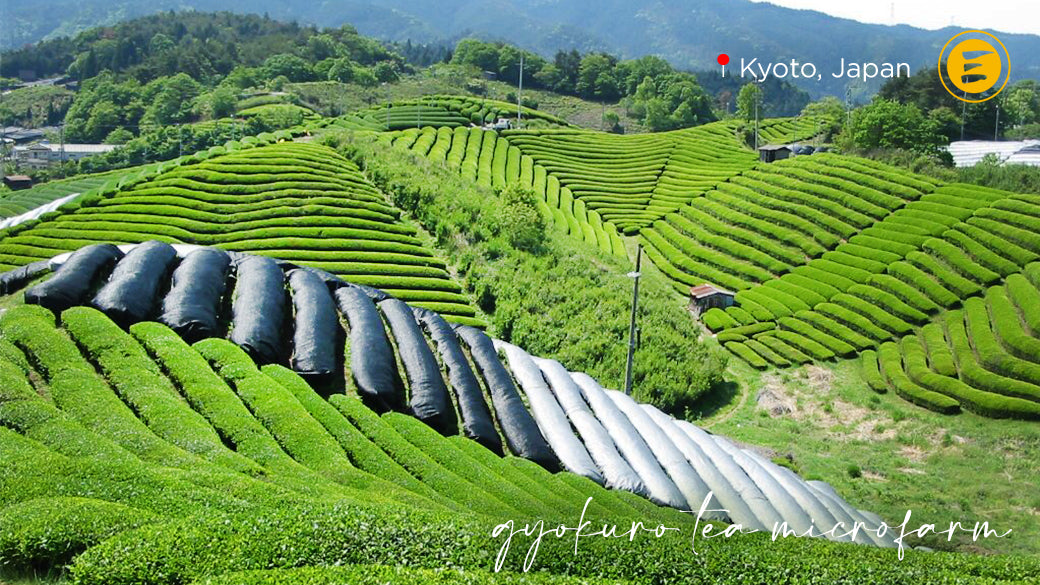Currently, the choice of organic products in various areas (cosmetics, food, drinks, etc.) has become a real trend. We have prepared six main factors why you should choose organic tea.

Organic Tea Production
1. Safety in consumption
Synthetic pesticides are known to pose significant well-recognised risks to human health, including birth defects, nervous system damage, hormone and endocrine system disruption, respiratory disorders, skin and eye irritation, and various types of cancer. Herbicides have also been linked to some cancers and Parkinson's disease.
Chemicals and fertilizers can remain in the leaf structure and be water-soluble - release from the tea leaves during brewing.
In 2012, Greenpeace discovered that many Chinese teas contain large amounts of pesticides, which are harmful to health and shorten life expectancy.
Before a product is labeled "Organic", it undergoes laboratory testing, as well as testing of the growth area, processing method, people management system, storage and packing, transportation etc. So you can be sure that you have purchased a product that is good for your health.
2. Better for farmers
In Japan, tea cultivation is mostly a family business, and there is a healthy tendency to use fewer chemicals due to frequent pesticide poisoning and even death. In addition, organic farming maintains and preserves the natural balance - it is based on nourishing the plants primarily through the soil ecosystem.
3. Support small farmers and farms
Small tea enterprises are more often family businesses and operate on more ethical terms, and focus on quality over quantity.
4. Better for tea plants
Would you rather drink tea from a plant grown in a toxic, stressful situation or tea grown in harmony with nature? Which one nourishes your body and spirit more?
Sensitive people can sense a difference between organic tea and conventional tea. It is suspected that many of the negative side-effects that some people experience when drinking too much tea (such as nervousness, insomnia, etc.) may be a direct result not of the caffeine, but of the unnatural chemicals used in the conventional tea production.
5. No GMO
The use of GMOs in organic production is prohibited. Products can be labeled as Organic only if they`re 100% GMO free.
6. Preserving nature ecosystem
Many pesticides used in the cultivation of common tea contain heavy metals, which contaminate not only the plant itself, but also the soil, run off into rivers, and poison many beneficial insects, provoking the use of even more pesticides for pest control.

